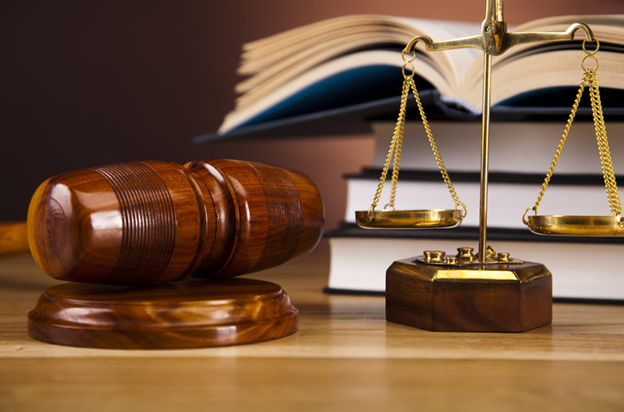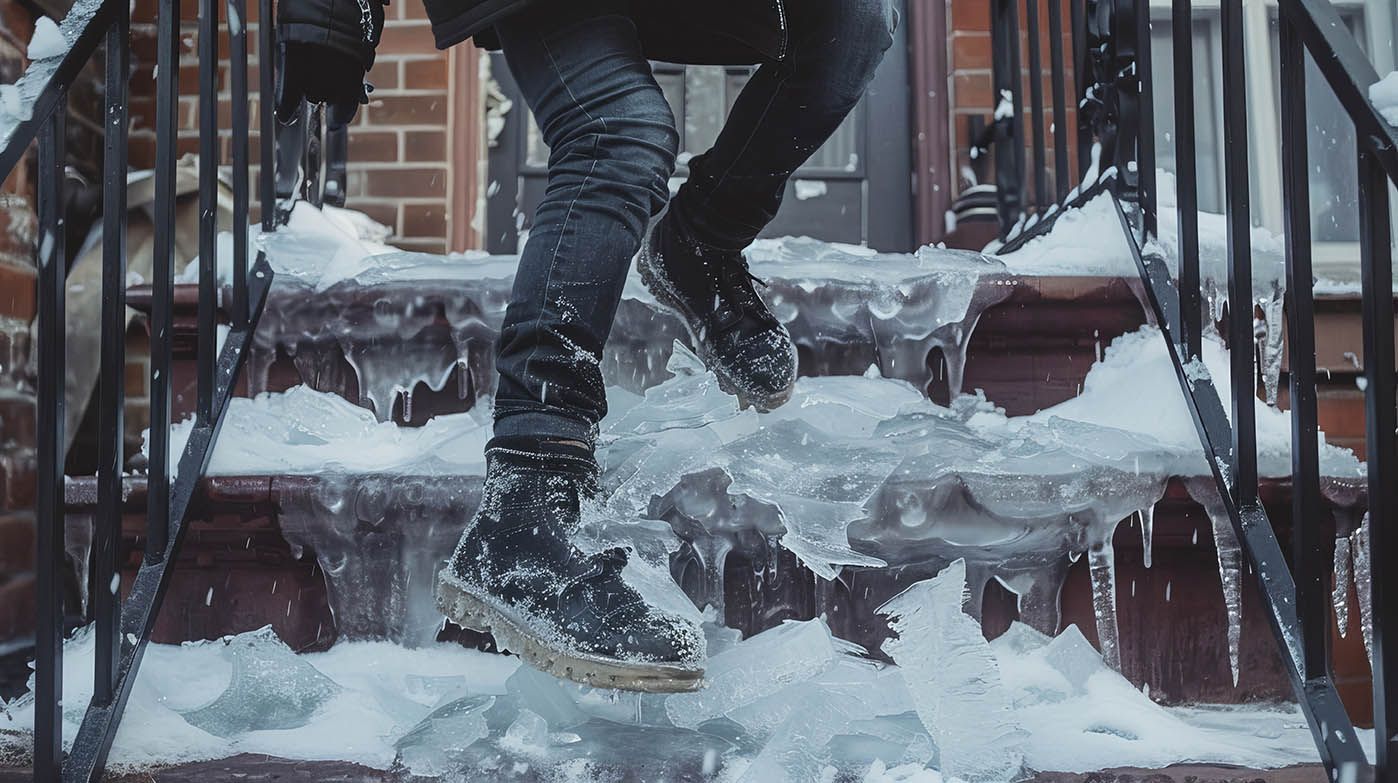BLOG
Can a Misdemeanor Hurt Your Chances of Finding Employment?

Many people know that having a criminal record that includes certain felonies can hamper their chances when it comes to finding a job or even earning a degree. However, when it comes to misdemeanor crimes, to what degree the arrest can affect your ability to find work becomes a little hazier.
If you have a misdemeanor on your record and are looking for employment, here is what you need to know about the law and how to best prevent your past from damaging your future.Can an Employer Deny Work Based on a Misdemeanor?
The short answer to this question is yes, however they can’t discriminate against you on a criminal record alone. Guidelines issued by the United States Equal Employment Opportunity Commission make it so that a potential employer cannot discriminate against you based on a misdemeanor record unless the crime you were found of guilty indicates an increased level or risk for the particular position.
For instance, if you’ve been convicted of a DUI, this can affect your chances at acquiring employment that requires driving, even if you’ve already regained your driving privileges. Similarly, a record of theft could legally prevent your from working for a housecleaning service or other type of service work where you might have unrestricted access to someone’s home.
Unfortunately, employers can often stretch their reasons for not hiring individuals with certain misdemeanors - such as possession of an illegal substance or the unlawful possession of a firearm – citing safety of their staff or customers as a concern. However, there are also cases when you can’t be denied employment based on a misdemeanor record alone and many employers don’t run a criminal background check on all of their employees.
Should I Disclose My Criminal Record?
This depends on what stage of the interview or hiring process that you are in. Employers will ask on a job application for your permission to run a background check, which may produce your misdemeanor record. You should not voluntarily place information about your misdemeanor conviction on the application itself or include it in your resume.
It costs employers money to run a criminal background check on applicants, so they’re likely to do so only when they’re seriously interested in bringing someone on board and sometimes, they won’t run one at all. Still, it is never a smart idea to be outright deceptive about your criminal record.
An interview during which a background check has been mentioned is a good time to say something along the lines that you are available to discuss and explain any findings that they have questions about or if you feel you are a top candidate for the job, disclose the misdemeanor and come prepared with references who can attest to how you’ve reformed.
What Types of Jobs Run Background Checks?
As mentioned, not every employer runs background checks, but there are also professions where a search for a criminal record is a guarantee. These include positions within the public school system, childcare providers, medical professions, casino workers, and positions that require a license that your misdemeanor prevents you from getting.
Schedule a Consultation
If you feel that your past record of a misdemeanor crime in unlawfully preventing your from acquiring gainful employment, a criminal defense attorney can help determine if you’re being discriminated against and what you best course of action should be. Contact Fitch & Stahle Law Office for a free consultation.


